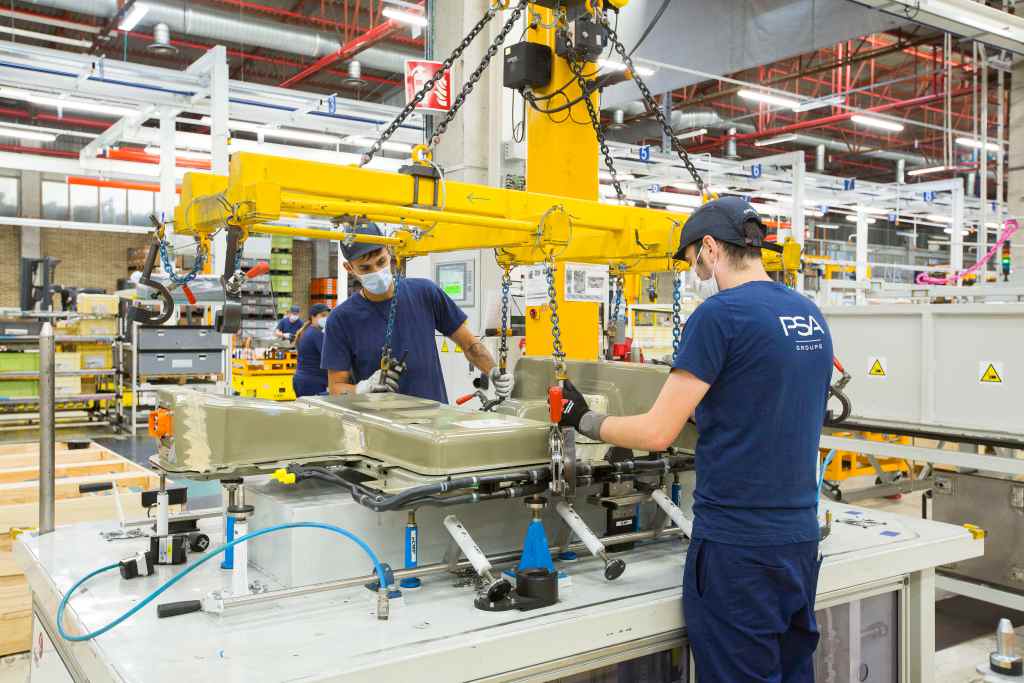Yesterday afternoon, the new president of Renault, the Italian Luca de Meo, made an important presentation in an old hangar on Paris’s outskirts. The stage had a tremendous symbolic component since, despite its damaged appearance, it was the world’s first aircraft hangar. An environment from which it has presented its strategy for the next few years where the electric car will play a fundamental role.
According to the manager, the key to its new launches will be the new CMF-EV platform, which will mark a before and after group. A dedicated, modular platform on which Renault and Nissan will “build a whole family of electric cars.”
The Renault Mégane eVision will be one of the first. A proposal for the manager is an example of the new direction that the electric car program will take, which will further explore the C segment, looking for a middle-class customer. A model that has been directly classified as a competitor of Volkswagen’s proposals, and that de Meo has confirmed that it will arrive on the market in the second half of 2021.
It has also confirmed the launch of a second model, of which it has not given clues, but everything indicates that it will be a compact SUV of about 4.6 meters long that would aim to be within the segment of the Volkswagen ID.4, Nissan Ariya, and more company. Everything indicates that it will mount all-wheel-drive systems, batteries of between 63 and 87 gross kWh, and will have autonomies of up to 310 miles in the absence of official confirmation. An SUV that will not arrive until 2022.
A strategy that will seek the profit margin rather than the volume, and where there is still much to be decided as to know if the new electric Megane, which we remember will have batteries between 40 and 60 kWh, will be the natural substitute for the ZOE. If so, it could be manufactured to leave the access segment in the hands of the Twingo ZE, and in those of Dacia that of offering a low-cost alternative and also for the car-sharing systems with the Spring.
Battery manufacturing

In the presentation, he also had time to discuss the issue of battery production. Until now, the French manufacturer had left it in the hands of its Asian suppliers. Now, given the problems of some brands to get the necessary volume, they are moving to diversify.
With this, the idea would be to join the consortium sponsored by France and Germany, where there are already names like the PSA Group (Peugeot, Citroën, Opel, DS) as well as Saft, the battery division of the French oil giant Total, which they are building two large battery factories, one on French soil and the other in German. Renault will enter pushed by the French government that seeks to strengthen its brands in the face of new generations of electric cars.
Batteries where there will also be an R&D component, where new technologies such as solid electrolytes are being worked on, where Renault has shown great interest due to the enormous potential behind one of the most promising technologies of the moment.

